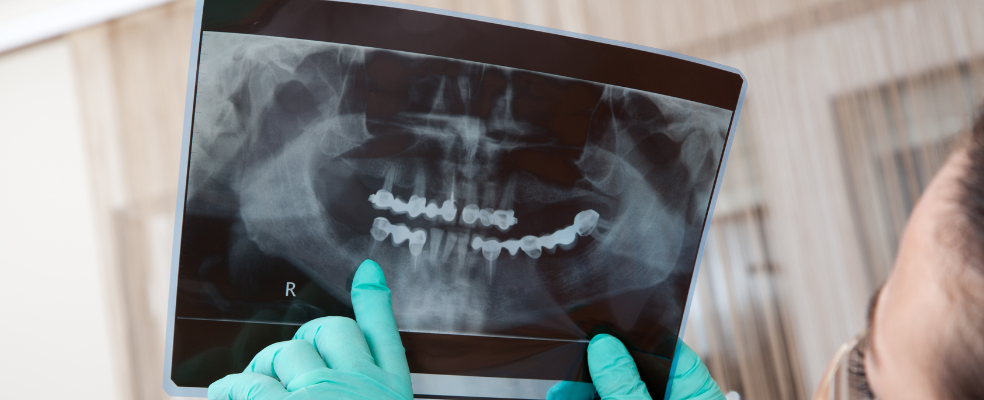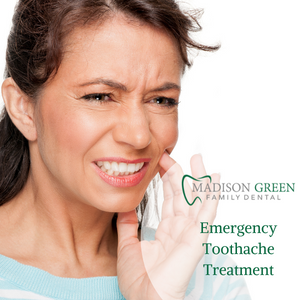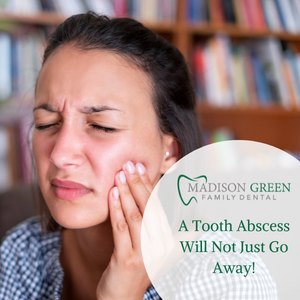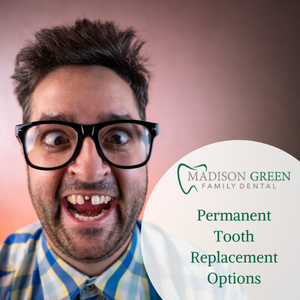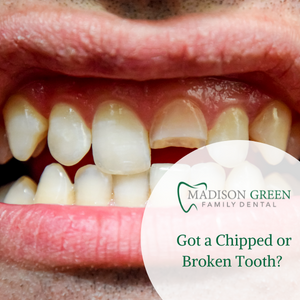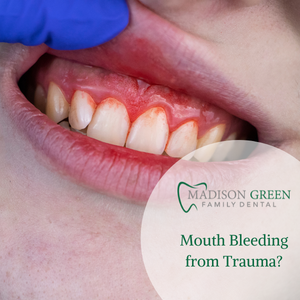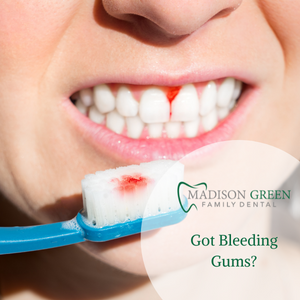Mouth bleeding is usually an effect of bleeding of your gums around your teeth. It can also be a result of accidental biting of your tongue, lips, or the inside of your cheeks. Try to stop the bleeding by pressing down firmly with a damp cloth.
If the bleeding doesn’t stop after a few minutes, call your dentist. It could require medical attention.
Mouth bleeding – and more specifically bleeding gums may also point to gum disease and some other health problems.
Good dental hygiene is the first way to remedy mouth bleeding, and to preventing gum disease. This is because mouth bleeding is caused primarily by issues arising from neglecting proper dental care.
One of the most effective ways to prevent gum disease is by seeing your dentist at least twice a year for an exam and professional dental cleaning. Only your dentist can let you know if you have any periodontal disease and will teach you how to brush and floss properly.
Also, using mouthwash can minimize plaque and rinsing your mouth with warm salt water can help relieve swollen gums. Hard bristles can make inflamed gum to bleed hence, it is highly recommended that you use soft toothbrush.
What Are the Main Reasons for Mouth Bleeding?
From a heavy punch on the jaw line to accidental bite on the interior of your cheek while chewing gum, many reasons may be responsible for mouth bleeding.
We may even hurt our gums if we brush or floss our teeth vigorously.
However, more critical bleeding cases often occur because of improper dental care issues. Gingivitis (inflammaton of gums) and periodontitis are examples of dental issues that can cause bleeding in the mouth.
Gingivitis
Gingivitis occurs because of plaque. Plaque is the particles and bacteria that get stuck in our teeth. Gingivitis is caused when plaque stays for too long around the gum line.
If not removed, the plaque can harden and form a hard yellow deposit around the teeth called tartar or calculus (a deposit of calcium phosphate salts). This can also cause mouth bleeding.
Periodontitis
Periodontitis (or periodontal disease) occurs when gingivitis cases become worse. This results into infection of the gums, jawbone and enamel. In its worse case, periodontitis can cause the teeth to bleed, loosen and eventually fall out.
Improperly-Fitting Dentures
When you wear a denture that does not fit, especially one that is too tight, it may harm your gum line and cause bleeding.
If you are having issues with your dentures, we’d love to show you the benefits of either fixing your dentures to ensure they fit properly – without pain & discomfort – or discussing other options.
Call to Schedule a Same-Day Dentist Appointment
Diet, Systemic Health, & Medications
Other reasons that can cause mouth bleeding include a deficiency of vitamins C and K.
Eating foods that are rich in these vitamins is a simple remedy. Pregnant women may also experience mouth bleeding because of hormonal changes in their bodies. It can also be the effect of low platelet count (that is, cells that help the blood clot).
Bleeding disorders like leukemia and hemophilia can cause bleeding gums. Blood-thinning medications like aspirin or drugs that contain it can also increase the risk of bleeding the mouth.
The Cost of Emergency Mouth Bleeding Treatment
The cost of emergency dental treatment will depend on the extent of the mouth bleeding. Prophylaxis, a regular dental cleaning, however, may not cost more than $85.
On average, deep cleaning, known as “periodontal scaling and root planing,” costs between $250 and $1,000. Gingivitis treatment can cost about $85 on average.
It is important to know that the cost of removing tartar for a gingivitis or periodontist patient depends on the nature of the gum infection. Cost may be as high as $3,500 for patients with severe infections.

